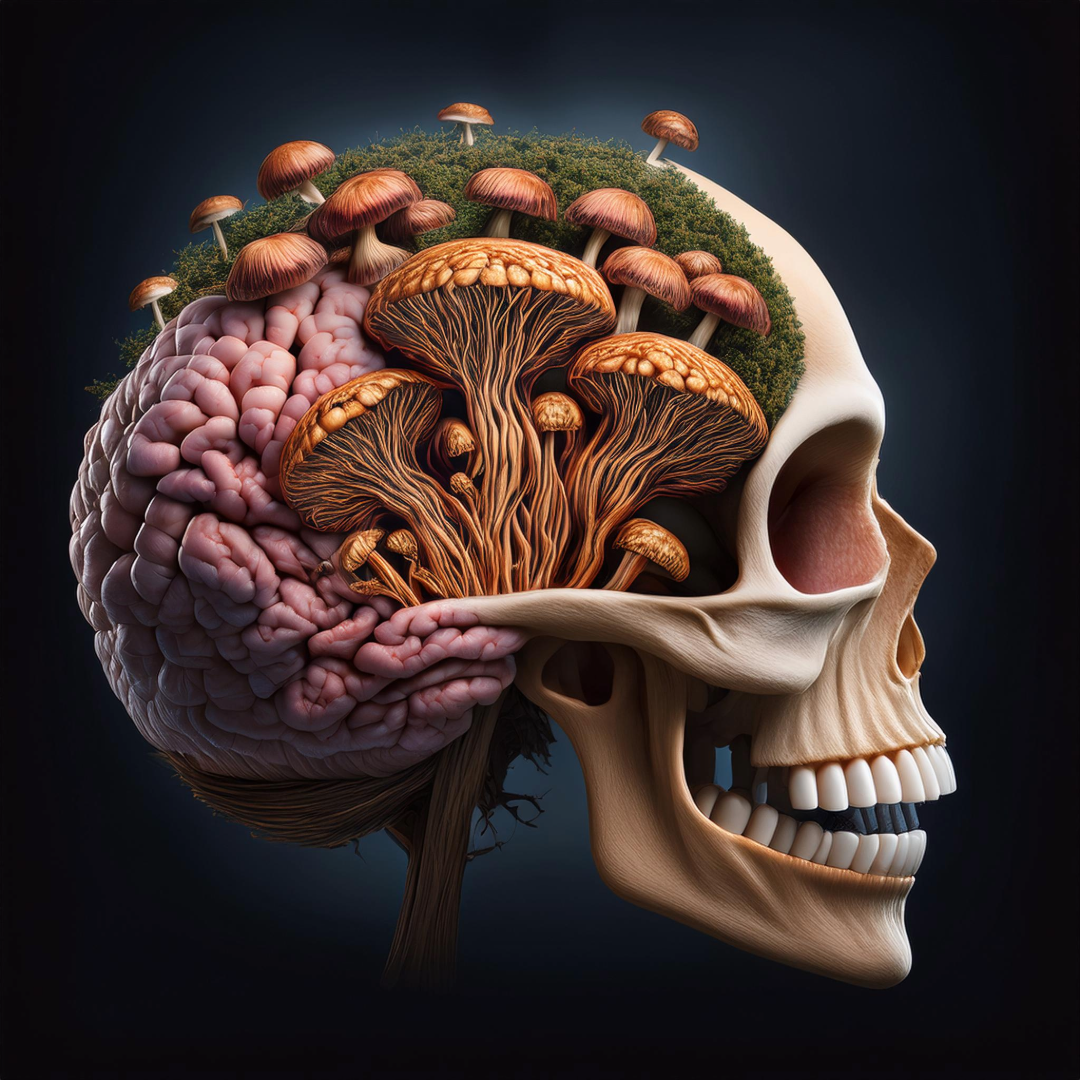Whether you’ve been hassled by parents, lectured by teachers or have recently been scouring a health guru’s blog, pretty much everyone knows the powerful benefits that come with a good night’s rest.
Science has proven that during sleep the body enters a restorative state that allows the body to naturally heal itself. So it should be no surprise as to why sleeping pills and potions are the most bought over-the-counter medicines.
Recent studies have uncovered even more benefits of sleep: To help eliminate dangerous neurotoxins that cling to the brain and can potentially go on to cause a variety of neurodegenerative conditions, such as Alzheimer’s, Parkinson’s disease, dimentia, and more.
In addition to this, separate research as discovered an intriguing tidbit to add to the above findings. It has been found that sleeping on your side more efficiently helps in ridding the brain of these harmful waste products.
The clues which led neuroscientists to this discovery are hidden deep in the brains glymphatic pathways.
Glymphatic Pathways And Its Role In Brain Health
Because of the fact that neural cells are so sensitive to their environment, permanent cell damage can occur if neurotoxins produced by the brain are not immediately eliminated.
The natural process through which the brain eliminates neural waste revolves around the glymphatic pathways. While other parts of the body get rid of waste through the conventional lymphatic system, the brain uses a different process of waste elimination. First, cerebrospinal fluid (CSF) makes its way to the brain, circulates the brain, and then exchanges itself with interstitial fluid (ISF).
This process not only rids the brain of waste but also gives neural cells precious, much needed nutrients. The entire process is regulated and controlled by the all-important glymphatic pathways. But according to scientists, the way we sleep plays a major part in the overall efficiency of our glymphatic pathways! Read on!
During waking life the central nervous system produces harmful toxins, such as beta-amyloid peptide and tau proteins, which accumulate within the ISF. Studies are showing that the abnormal accumulation of these harmful substances carry the potential to trigger symptoms of Alzheimer’s disease.
Losing too much sleep can lead to brain impairment in important cognitive functions, leading to slower reaction times and a difficulty in learning and remembering. More severe and rare cases of sleep deprivation can increase chances of developing seizures, dementia and on occasion, even death.
During a study using subjects who had previously suffered a traumatic brain injury (TMI) it was found that the total efficiency of their glymphatic pathways was reduced by up to 60%.
Using the same subjects suffering from TMI it was discovered that an abnormally large amount oftau proteins had accumulated within their brains. Because of this, scientists believe that any impairment of the glymphatic pathways that leads to permanent cell damage greatly increases the chances of a person catching a neurodegenerative disorder, falling into a coma and even death.
But it is important to take into consideration the rate at which toxic waste naturally clears itself from the brain. Toxic peptides, for instance, take longer to filter from the brain compared to smaller toxic molecules due to the simple fact that the peptide takes up a larger area. Because of this, the total efficiency rate for the glymphatic pathways is partly determined by the amount of bulk which flows through it. The more flow that is promoted within glymphatic pathways, then the quicker that large toxic molecules are eliminated.
Knowing the ‘clearance rate’ of toxic brain waste potentially gives neuroscientists more insight into determining the progression of neural diseases like Alzheimer’s and Parkinson’s. Calculating the clearance rate can also help detect early warning signs, and allows people who do develop early warning signs to take preventative measures to help stall the disease.
Glymphatic Pathways And Sleep
So we’ve talked about glymphatic pathways and how the system plays a major role in the overall brain health of humans. But what happens to the glymphatic pathways while we sleep?
Sleep has long puzzled scientists as to why, exactly, it is a requirement for all natural species. The theory has long been that sleep promotes a necessary and vital biological purpose. Today they know what that purpose is.
The concentration of metabolic by-products in humans is stronger when we’re awake, which tells us that these substances are mostly produced during waking hours. This metabolic waste is drained from the brain much quicker while we sleep.
Recent studies have also shown that the actual position we assume while we sleep has an impact on the clearance rate at which brain waste evacuates through the glymphatic pathways.
This finding was confirmed after an experiment was conducted on lab mice who slept in three different positions – prone, lateral, and supine. It was eventually discovered that the glymphatic pathways cleared waste more efficiently in the mice who slept on their sides in the lateral position.
Interestingly enough, sleeping on your side just happens to be the most common sleeping position among humans and animals. Nature at its finest.
What Does All This Mean?
We can only hope that neuroscientists continue to investigate these surprising findings. Right now it still remains somewhat of a mystery as to why the brains glymphatic system is more productive in a specific sleeping position.
This information would not only help us understand the inner workings of the glymphatic system but also give us valuable insight into how Alzheimer’s and Parkinson’s disease gradually progresses.
Future findings into the brains waste clearance system could also help researchers develop a pharmacological method for improving the glymphatic pathways, and help those already suffering from neural decay to improve the overall quality of their lives.
And Remember …
Tonight when you’re laying in bed on your back trying to fall asleep, you might want to make a quick switch to the side position, just to make sure your glymphatic pathways are clearing out all that brain gunk you built up during the day.
And just in case sleeping on your side isn’t your thing, there are several other ways to make sure your brain is operating at full capacity.





The Human Brain: A Quick Overview
How Sleep Affects Your Brain